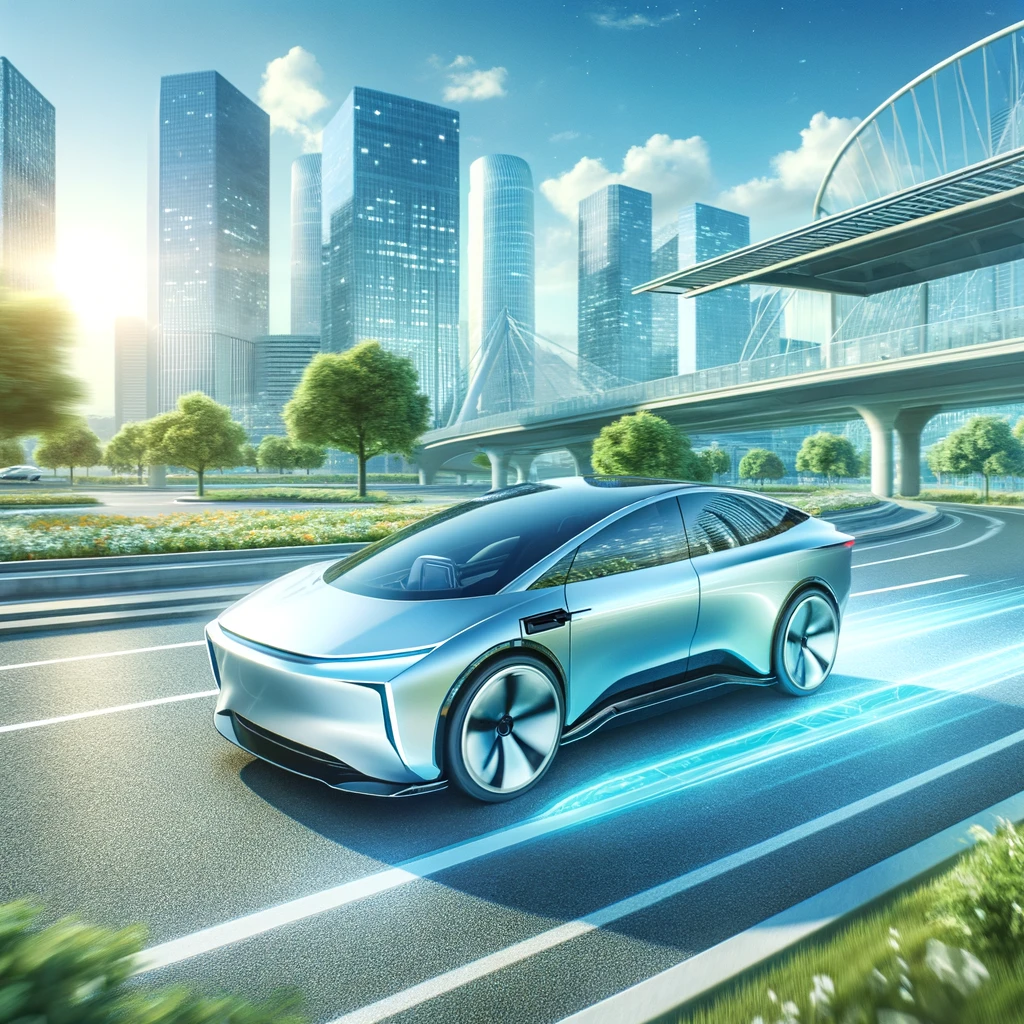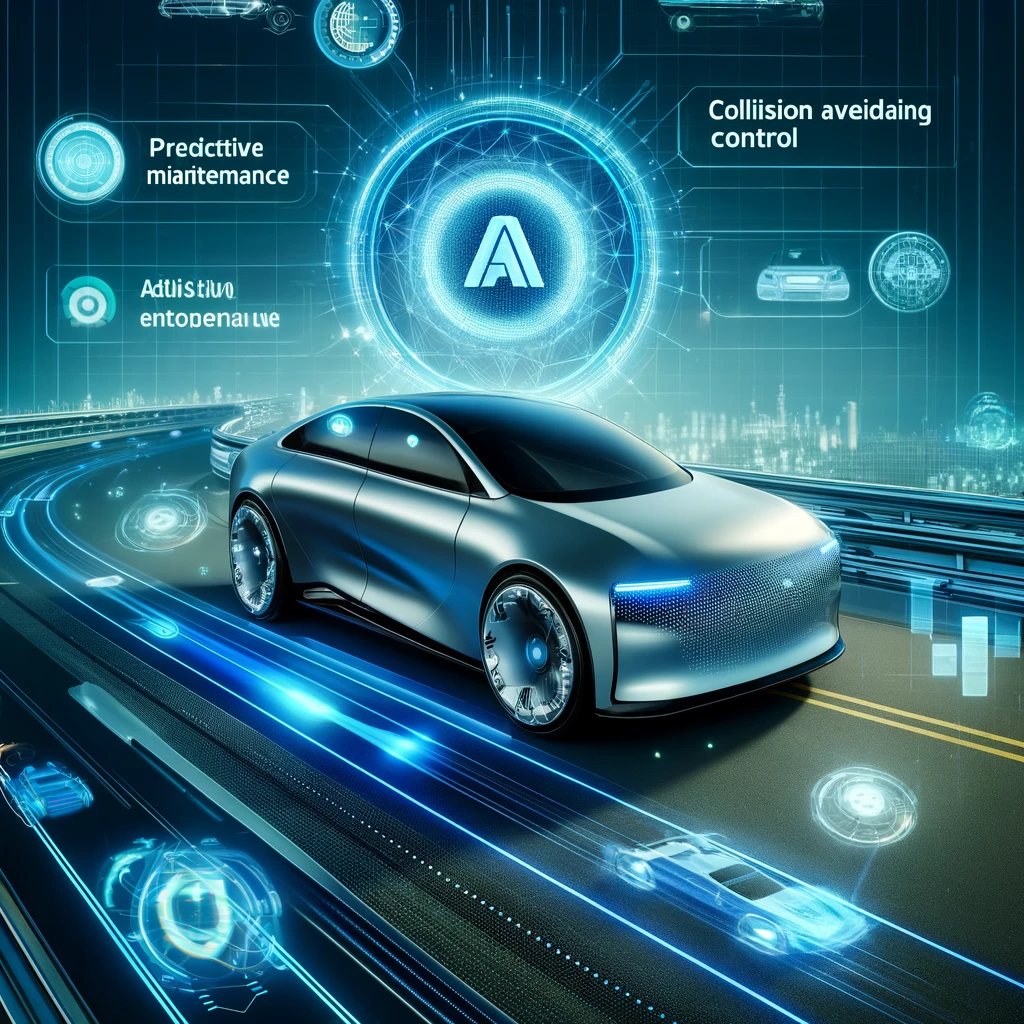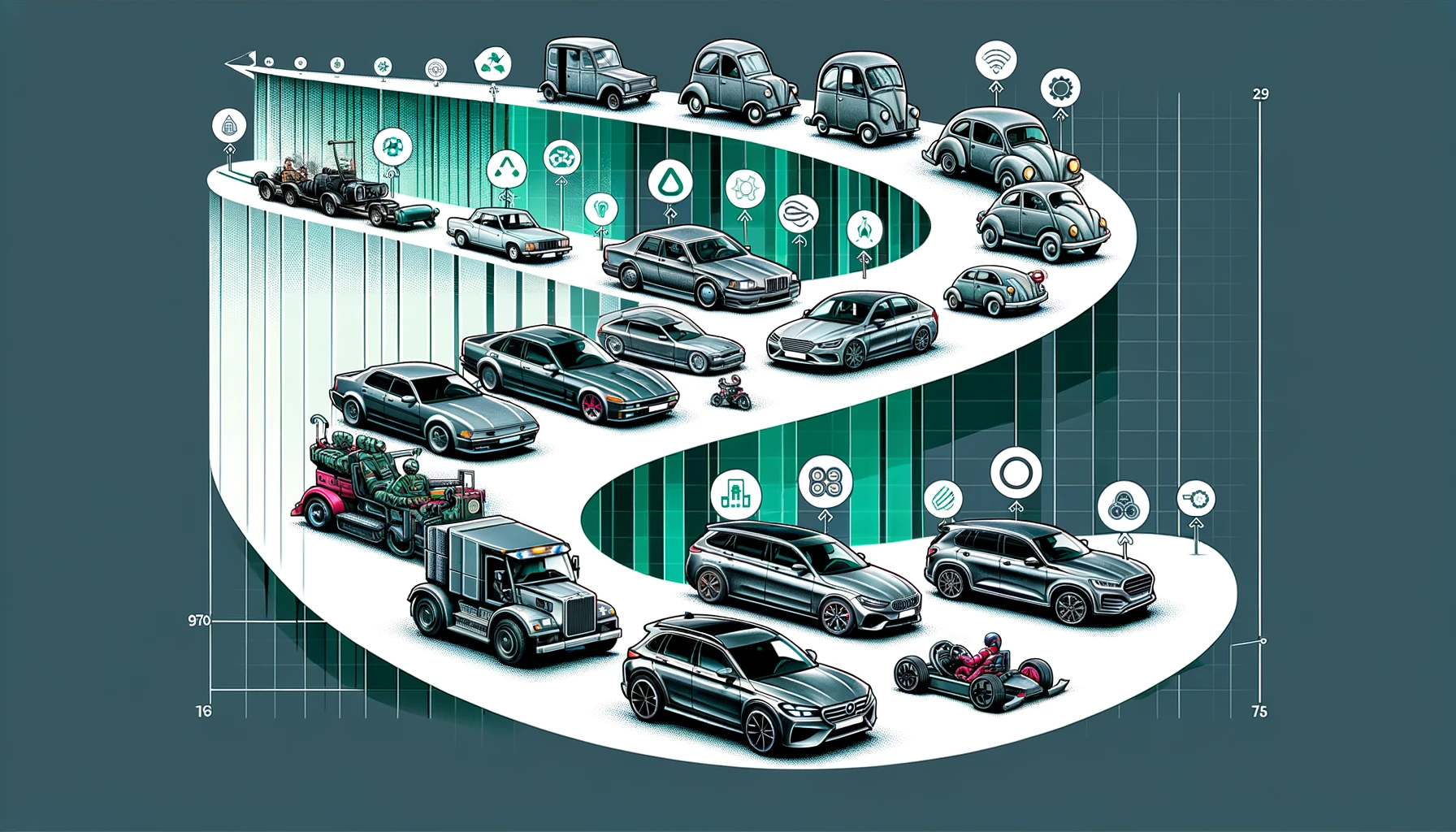Business
Hydrogen Use: The Potential of Fuel Cell Technology in Cars

The search for sustainable energy solutions has led the automotive industry to hydrogen fuel cell technology, a promising alternative that could change the way we power our cars. In this article, we'll delve into how hydrogen fuel cells work, their benefits, and the hurdles they'll have to overcome to change the future of transportation.
Hydrogen Fuel Cell Science Explained
Hydrogen fuel cell technology is based on a chemical process in which hydrogen is combined with oxygen. Inside the fuel cell, hydrogen gas is supplied from one side of the device and oxygen is supplied from the other. Hydrogen reacts with the catalyst, splitting it into electrons and protons. Electrons travel through an external circuit, creating electricity, then recombine with protons and oxygen to form water as the only byproduct. This process produces electricity without the pollution associated with fossil fuels.
Environmental Benefits: A Cleaner Alternative
One of the most compelling benefits of hydrogen fuel cells is their environmental impact, or lack thereof. The main emission of these cells is water vapor, which is in stark contrast to the harmful pollutants emitted by traditional internal combustion engines. By adopting hydrogen fuel cells, the automotive industry can significantly reduce environmental degradation associated with vehicle emissions, contributing to cleaner air and a healthier planet.
Energy Efficiency & Performance Benefits
Hydrogen fuel cells are not only cleaner, but also more efficient than traditional internal combustion engines. They convert chemical energy directly into electrical energy, avoiding the inefficiencies of heat production in combustion processes. This efficiency results in longer range and reduced refueling times, which match or even exceed the performance of conventional vehicles.
Challenges on the Path to Adoption
Despite the benefits, the widespread use of hydrogen fuel cells is hampered by a number of challenges. The infrastructure for the production, storage and distribution of hydrogen is insufficient and requires significant investment to compete with the existing fossil fuel network. The cost of producing fuel cells, mainly due to the use of expensive materials such as platinum, makes these cars more expensive than their gasoline counterparts.
The Dilemma of Hydrogen Production
The environmental benefits of hydrogen fuel cells depend on how hydrogen is produced. Currently, most hydrogen is produced from natural gas in a process that releases carbon dioxide, negating some of the environmental benefits. For hydrogen fuel cells to be truly sustainable, production must switch to greener methods, such as electrolysis powered by renewable energy.
Looking to the Future: The Future of Hydrogen in the Automotive Industry
As technology advances and investment increases, the hurdles faced by hydrogen fuel cells are likely to decrease. With stronger government policies and a corporate commitment to sustainability, hydrogen infrastructure can expand, reducing costs and making these vehicles a viable option for consumers. As we move towards a more sustainable future, hydrogen fuel cells offer a promising path to a clean and efficient automotive industry.










